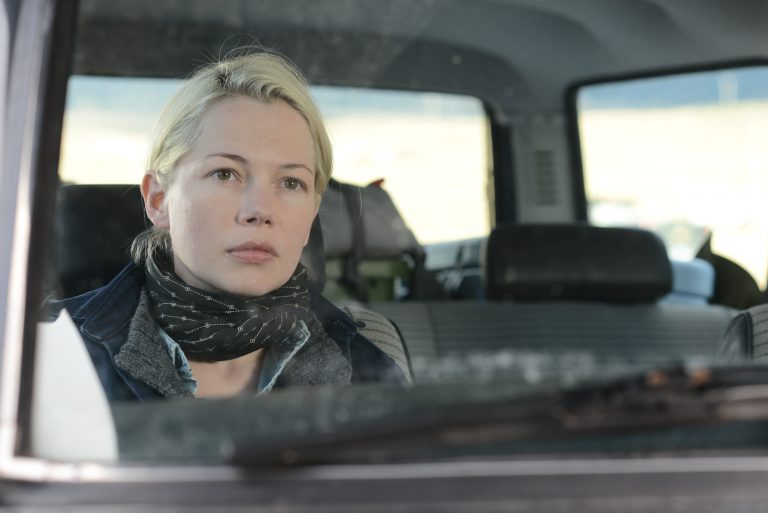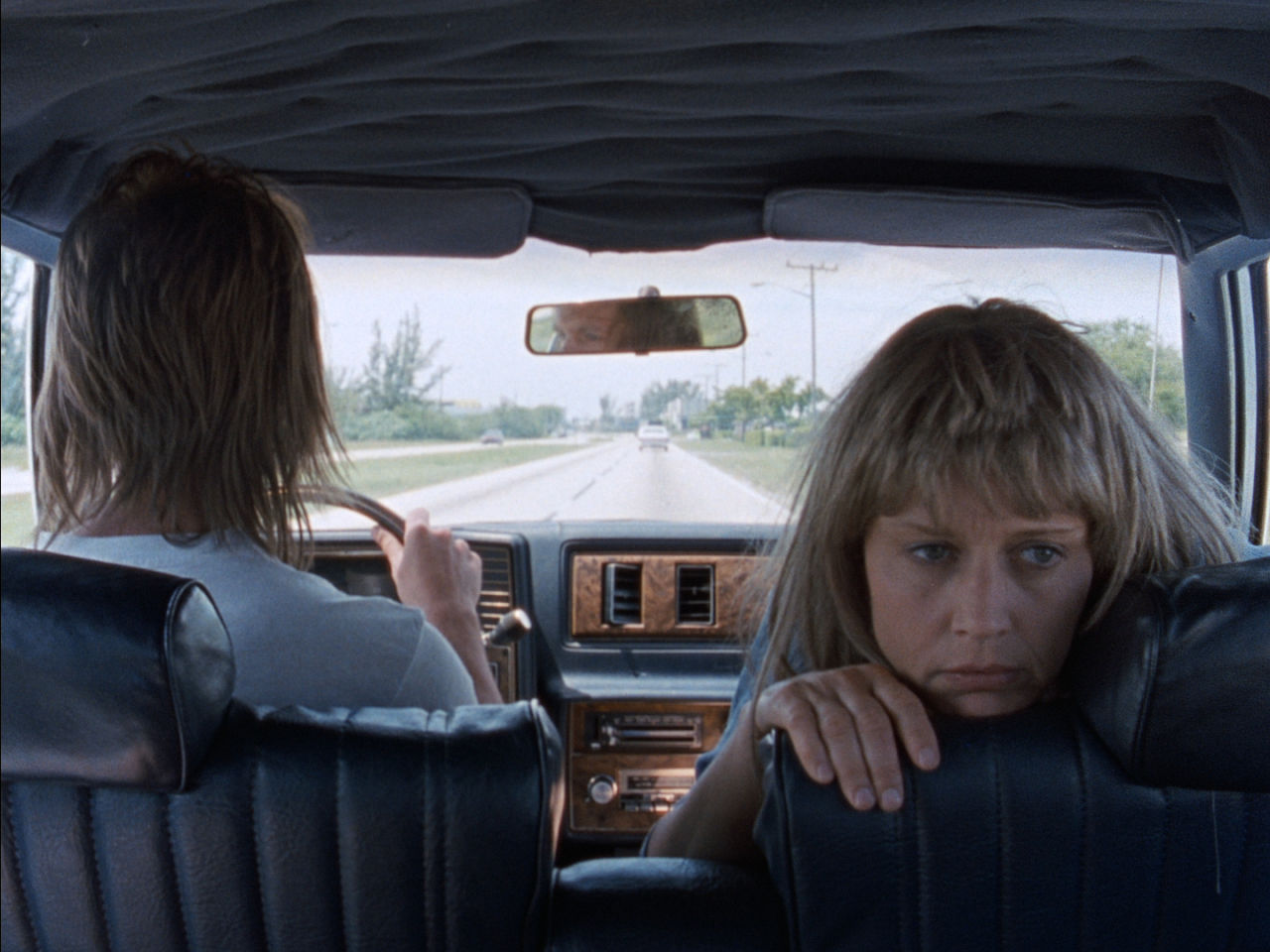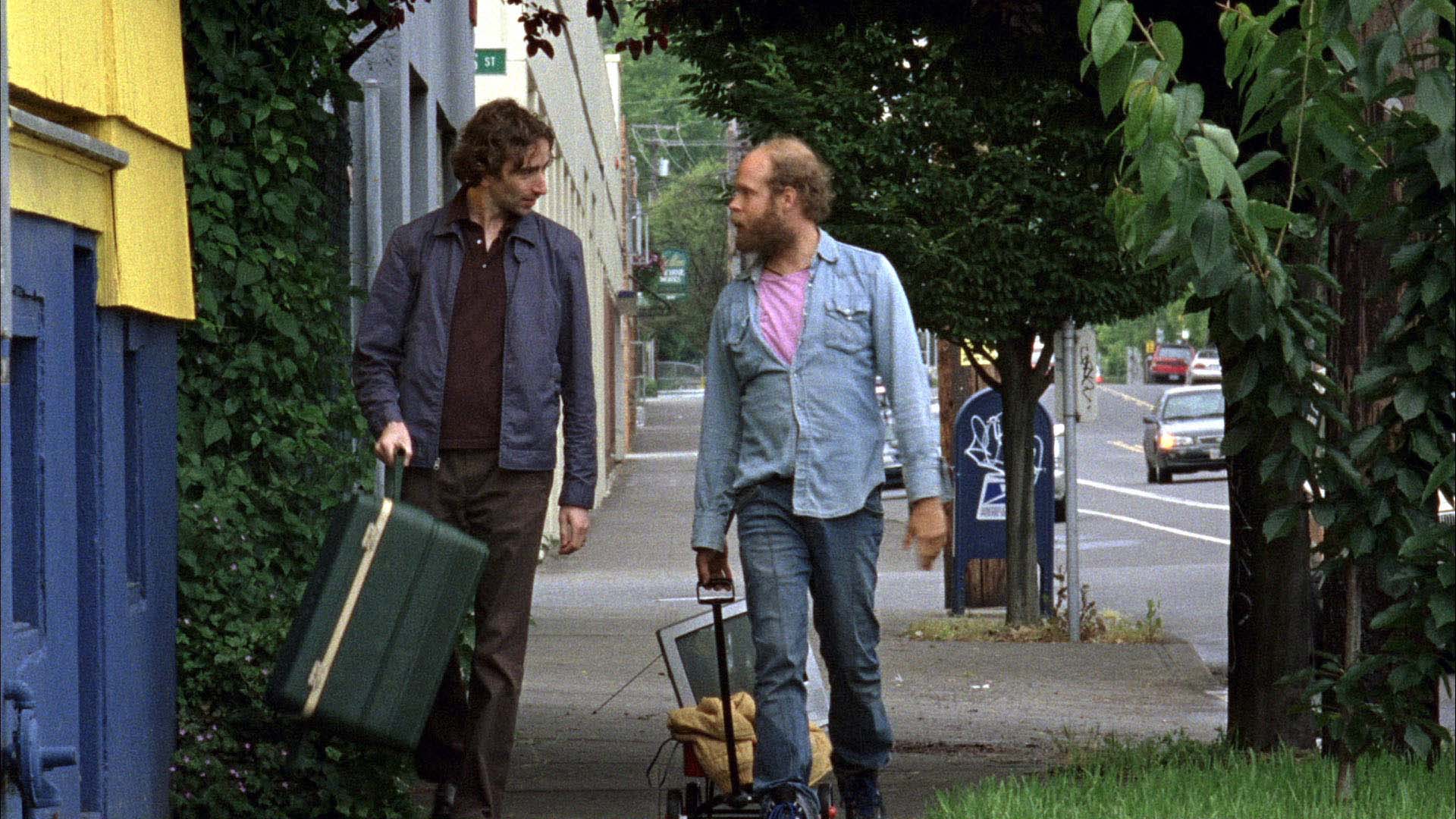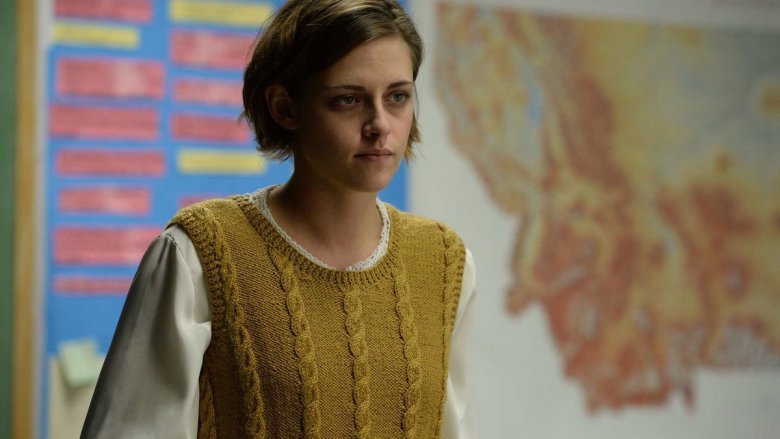
One of the great independents of American cinema, Kelly Reichardt has a relatively small body of work compared to most of her contemporaries, but practically every single one of her films is an essential piece of the last 20 years of indie filmmaking.
That’s something that definitively cannot be said for the majority of other directors in her scale, since, too often, the constraints of low-budget filmmaking are used as an excuse for lack of ambition, both in storytelling and especially on a formal level. Reichardt’s work is the best rebuttal to that: no matter how small the stories she tells, thematically they always contain the scope of a world’s worth of humanity; and visually, with each new film, she has truly become one of modern cinema’s greatest formalists.
A towering filmography that deserves constant celebration, and hopefully one this list will encourage the reader to know a little better.
7. River of Grass (1994)

In the lineage of debuts by essential American auteurs, “River of Grass” occupies a strange place, as it is simultaneously very distinct from what Kelly Reichardt would come to be known for while still being absolutely representative of her singular style.
On one hand, the genre-infused crime nature of the story is very far removed from the slices of life that have since defined her work, featuring a lot more guns, robberies, and attempted murders than the filmmaker would ever return to in her career. However, that’s a merely surface reading of the movie, since this feels like Reichardt took the ‘90s crime film obsession and used it as an excuse to create what is a de facto hangout road movie, the first example of a key theme in all her films: geographical displacement as an extension of a larger emotional/existential longing.
“River of Grass” is much less refined, visually and narratively, than the rest of Reichardt’s works, playing very much like the bumbling first steps of a future great director that is not quite there yet. However, for fans of her work, it’s most certainly worth a look to see a master director learning the craft.
6. Old Joy (2006)

There was a long 12-year gap between Reichardt’s debut and her second feature, “Old Joy,” a time in which she released only two short films and the longer than a short, but too short to be a feature “Ode” (the director herself seems to consider this as her second movie, but clocking in at a mere 48 minutes, it’s too slim to classify for this list).
The reason for this is, at least to Reichardt, obvious: her gender was apparently a decisive factor in her not finding finance for anything throughout more than a decade. This situation forced the filmmaker into doing micro-budgeted Super 8 shorts, a desperate effort to maintain the creative muscles working. The appalling sexism of the industry notwithstanding, this situation may actually have been beneficial to Reichardt’s overall work, since this time she was able to hone in and perfect her style, something “Old Joy” demonstrates perfectly.
If “River of Grass” is a good but somewhat generic indie, this movie has a much more defined sense of directorial identity, the clear work of an auteur. Reichardt’s passion for the natural landscape of Oregon begins here; not to mention her sense of melancholy and minimalism are also in full-fledged force.
And that’s, in fact, what keeps “Old Joy” down the bottom of her career, since it’s a bit too uneventful; the non-existent plot can be a bit of a chore to sit through. Reichardt would become better at balancing the minimalism with a more classically cinematic flavour, but this is just too laborious to be fully enjoyable.
5. Certain Women (2016)

Most cinematic common wisdoms have little basis in reality and many examples to prove them wrong, but there are some that seem to be truly undeniable; and one such truism that is actually true is that anthology films are, invariably, never equally good all the way through, and that some stories are always better than others. That’s such an immutable fact of cinema that not even a master like Reichardt could avoid it in “Certain Women.”
Comprising three different narratives that only intersect in the smallest, most insignificant of ways, “Certain Women” is never downright tedious as “Old Joy” could sometimes be, but it fluctuates in quality a lot between its segments (especially the baffling one starring Michelle Williams, which seems completely pointless), and the movie never fully integrates its disparate parts into a cohesive thematic whole, apart from the broad usual Reichardt themes of loneliness and alienation.
However, despite all of those problems, the movie features one of the absolute best things Reichardt has ever done: the sublime final story starring Lily Gladstone and Kristen Stewart, which is a near-perfect encapsulation of the ethos of her cinema, in both style and theme. Too bad it comes after two less than stellar “episodes,” making “Certain Women” a worthy effort but inferior in comparison to other, more complete films.